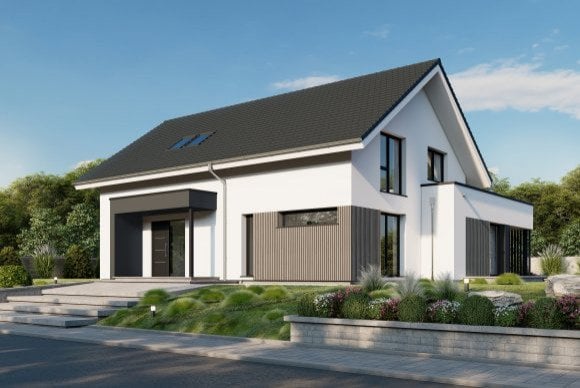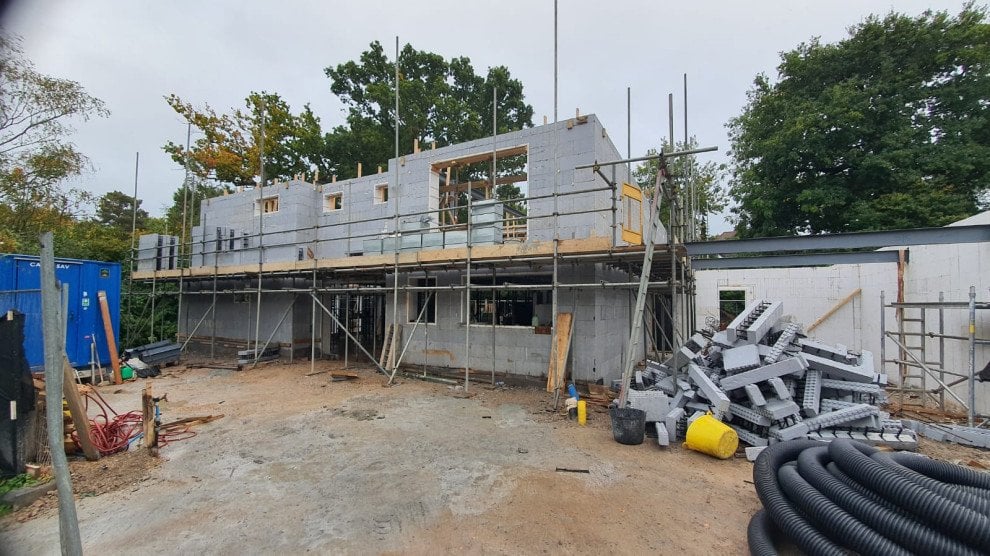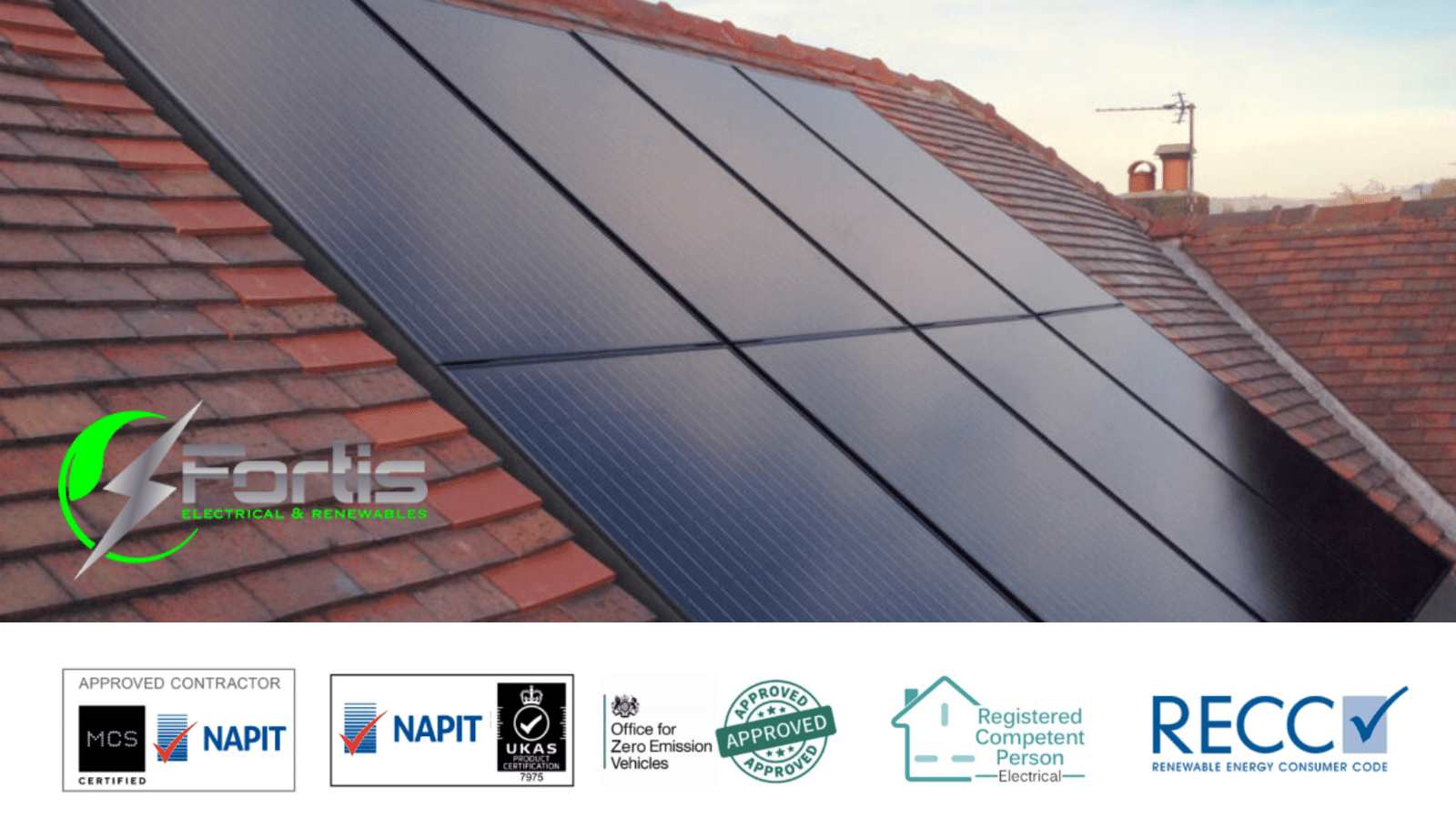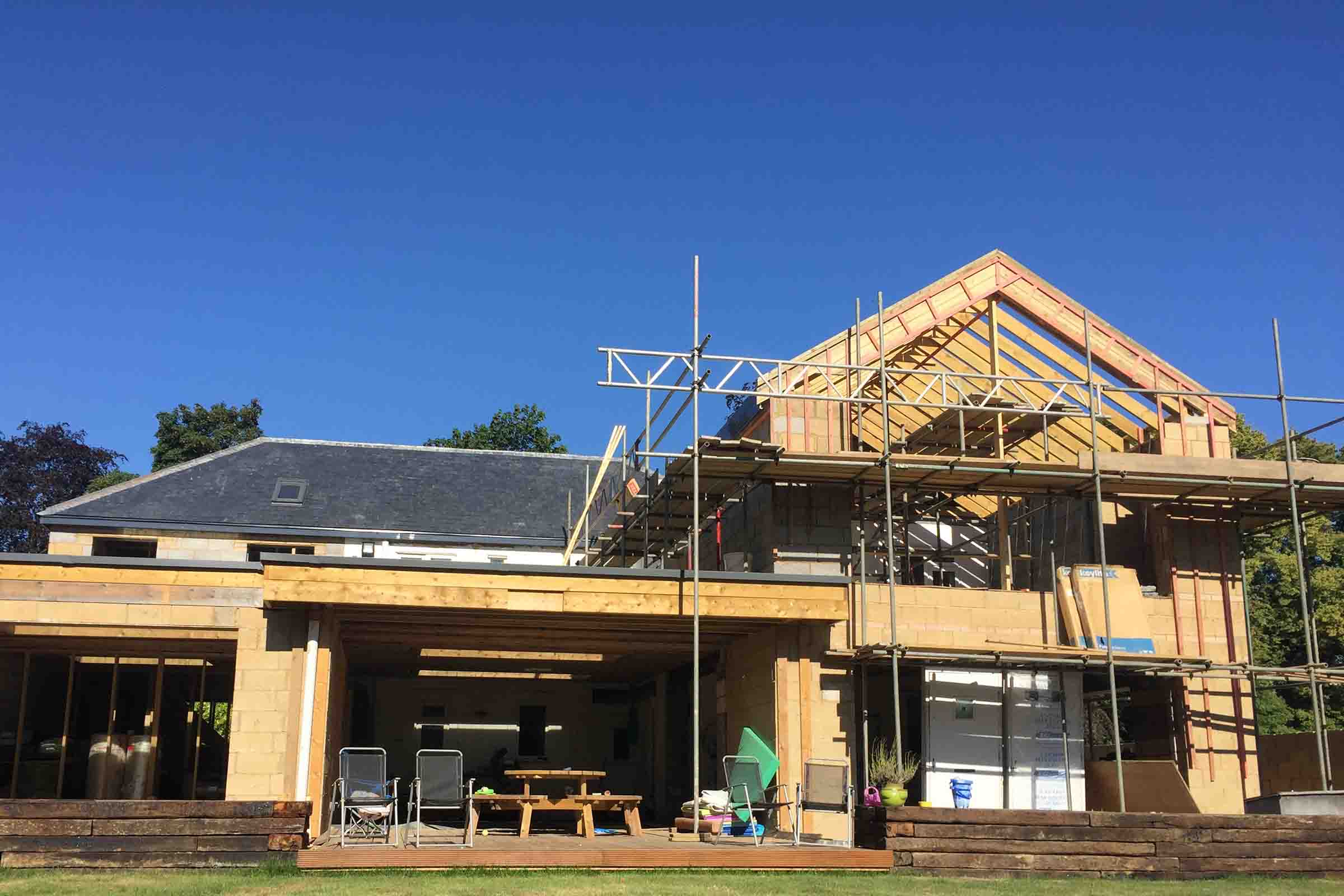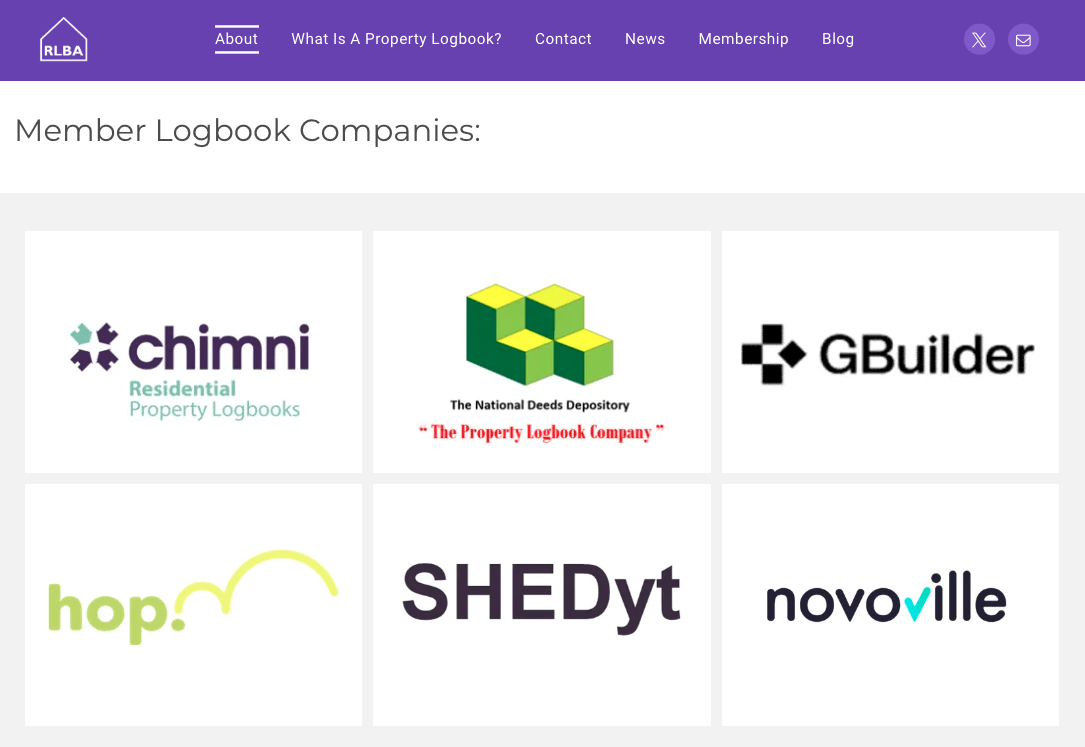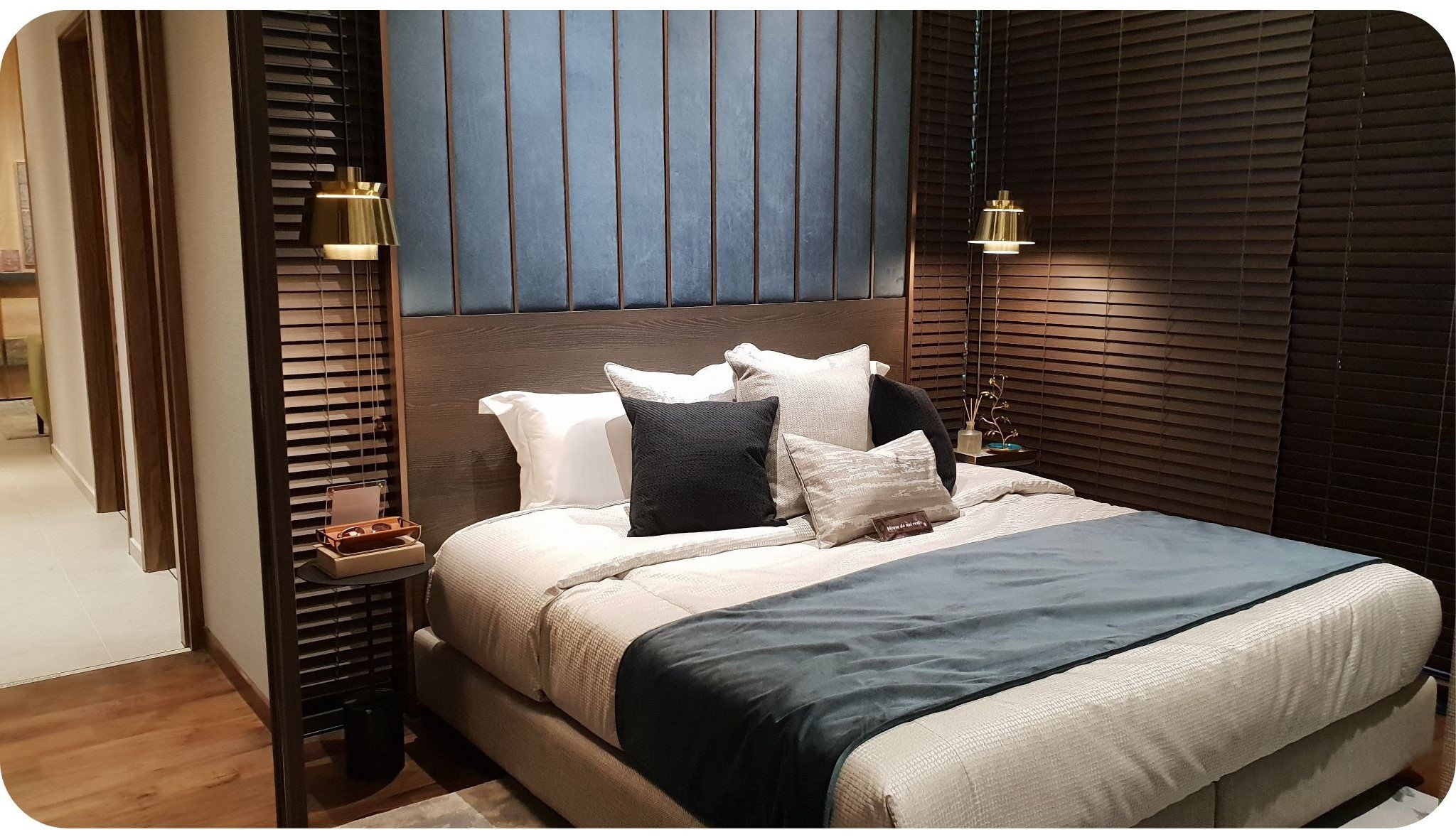Choosing Between ICF and Traditional Brick+Block Construction?
Choosing Between ICF and Traditional Construction
As a home builder are you planning to build your own home and considering different construction methods? With the myriad of options available, it can be overwhelming to choose the right one. This content explores the differences between Insulated Concrete Forms (ICF) and traditional brick and block construction, focusing on both initial costs and long-term energy savings.
If you'd like a no-obligation consultation for your site, please contact our associate Global V Tech via the SHEDyt marketplace > Free ICF Consultation

Difference between ICF & Traditional Brick/Block Construction
Insulated Concrete Forms (ICF) are modern building materials made from expanded polystyrene forms filled with concrete. These forms not only serve as a structural component but also as insulation. This method contrasts with the traditional brick and block construction, which involves building walls with bricks or concrete blocks and then adding insulation as a separate step.
For those new to building, ICF might seem more technical, but it offers simplicity and speed in the construction process. Traditional methods, while well-understood and tested, often require more time and labour, which can add up in costs.
Cost Comparison: ICF vs. Traditional Brick and Block
Choosing between ICF and traditional brick and block construction is a significant decision for house builders, with implications for both cost and construction speed. Here’s a closer look at how these two methods stack up:
Material and Labour Costs: ICF construction offers distinct economic advantages, particularly when the walls are finished with render, potentially reducing costs by up to 30% compared to traditional brick and block. When finished with brick slips, ICF costs align more closely with traditional methods, but the labour savings still stand out.
Ease of Installation and Labour Skills: ICF’s straightforward assembly process significantly reduces the need for skilled labour compared to traditional brick and block construction. This is a key advantage for self-builders, as ICF can be installed quickly by those with less experience in building techniques. Most ICF suppliers offer comprehensive training and on-site support, which empowers even novices to efficiently handle their own construction projects.
Construction Time: The efficiency of ICF installation can be dramatic. For example, a bungalow project SHEDyt’s associate GVT built in Southborough was erected to roof plate and fully concreted in just two days - a task that would typically take at least four days using traditional blockwork. This speed is not merely about finishing projects faster; it also significantly cuts down on labour costs and reduces the overall timeline of the building process, allowing builders to move on to other phases of construction or complete their projects sooner.
Support and Resources: The accessibility of training and support further enhances the appeal of ICF for self-builders. Suppliers often provide hands-on training, and there is a wealth of instructional content available, including YouTube tutorials that cover everything from the basics of block assembly to the finer points of installation.
This detailed comparison underscores why ICF is becoming an increasingly popular choice for self-builders in the United Kingdom and beyond. Its cost-effectiveness, coupled with the reduced need for skilled labour and faster construction times, makes it an excellent option for those looking to manage their own building projects efficiently.
Long-Term Energy Savings
One of the most compelling reasons to consider ICF over traditional construction methods is the potential for energy savings. ICF walls offer superior insulation properties, which means heating and cooling costs can be significantly lower. Over the lifetime of a building, these savings can be substantial.
For example, a case study in the South East of England showed that an ICF-constructed home saved its owners up to 60% on heating and cooling costs compared to a similar-sized traditional home. Industry experts also praise ICF for its airtight seal, which reduces energy leakage.
Environmental and Additional Benefits
Besides the cost and energy savings, ICF construction is known for its strength and durability, offering additional benefits like excellent sound insulation and a lower environmental impact due to reduced energy usage.
Conclusion
For Construction Companies and Property Development Businesses, choosing ICF construction could be a wise decision. While the initial costs might be slightly higher when opting for finishes like brick slips, the long-term savings through reduced energy bills and the added comfort of a highly insulated home make it a worthwhile investment. Moreover, the simplicity and speed of ICF construction, combined with the reduced need for skilled labour, make it particularly appealing for those taking on their own building projects.
If you're considering ICF for your next project and want to learn more about how it can save you time and money, then feel free to start with a Free ICF Consultation. GVT can provide your team with the training, support, and resources you need to make your building experience as smooth and efficient as possible. Get started on a journey to a better-built home!
For more information on how ICF construction can be used to build your sustainable, energy-efficient home, contact the SHEDyt team or if you're ready for a survey, then purchase directly at this unique price through the marketplace > ICF Site Survey
(MC064b)
Make Your Business Online By The Best No—Code & No—Plugin Solution In The Market.
30 Day Money-Back Guarantee
Say goodbye to your low online sales rate!
